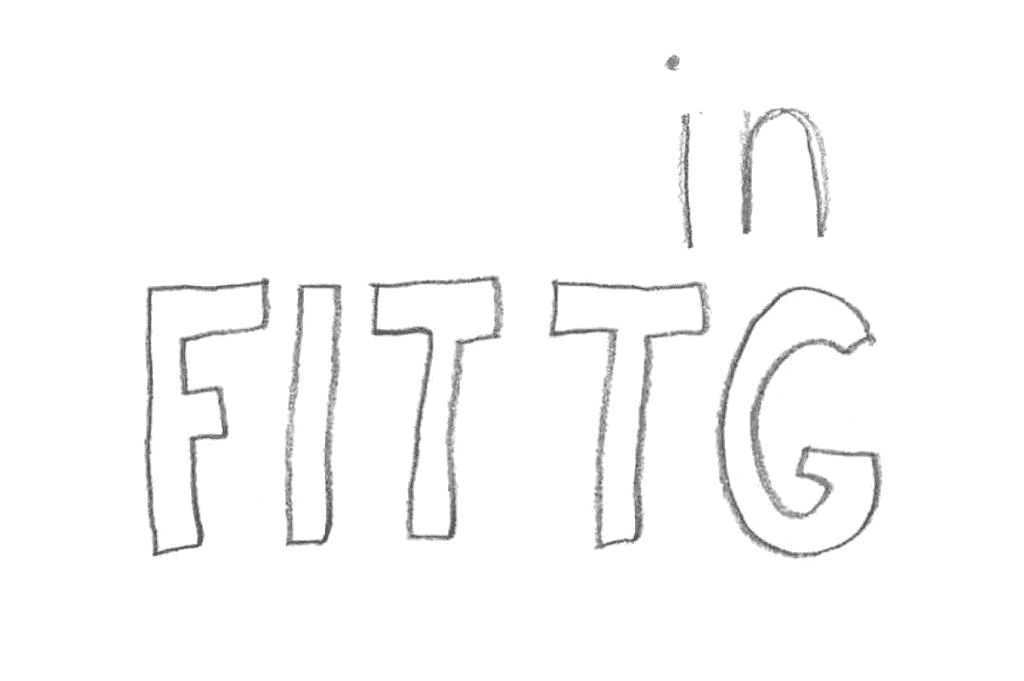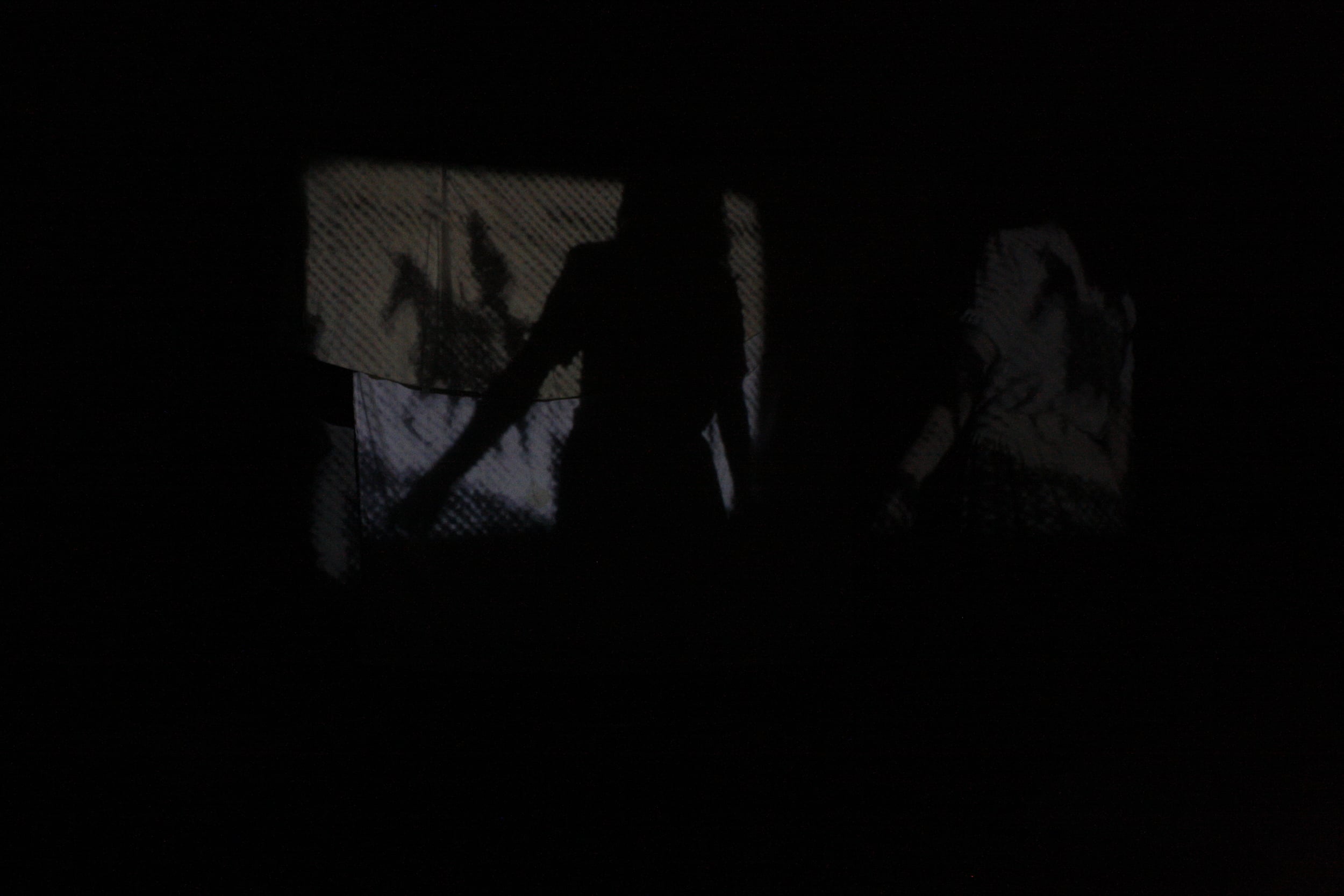









Through this choreographed performance, I aim to locate the thread of my identity within film practice and film history, in particular the Western. I project constructed 16mm filmstrips of cowboy imagery, ranging from The Searchers (1956) to Drive (2011), onto a screen made out of linens hanging on a clothesline. Accompanying the performance is a vinyl soundtrack of songs from those Western and Western-esque films. As the performance progresses, I arrange the linens to make a screen, remove and wear individual items, and ultimately wrap myself in the screen-linens and the cowboy imagery that is projected onto them. The films I project are both archival and handmade, being made through a digital-to-analog process whereby I design strips of images on the computer, 16 millimeters wide, and then print them onto clear film with a home LaserJet printer.
Additional props include a laundry basket, digital recording devices for live-documentation, and a 1940s Little Bo Peep lamp. With these objects I aim to locate myself within the masculine themes of film and the Western, interrupting masculine imagery with feminine gesture. In my work I am an object, a subject, a performer-actor, and a technician. Simultaneously, my performance serves as a love song to analog film, engaging the nostalgia and loss that is unavoidable when invoking this medium as I explore the role of film and its history within our culture.

Love Songs 4 iPads was inspired by John F. Peto’s nineteenth-century trompe l’oeil paintings, which aroused in many viewers the desire to reach out and confirm reality through touch. Here, I adapted the trompe l’oeil instinct for 21st century technologies, displaying the text of love-song lyrics on a white iPad, housed in a white-painted wooden frame, hanging on the white gallery wall. Viewers are welcome to interact with the iPad in Love Songs 4 iPads, but will digital technology ever be able to respond to our human touch with more than discrete words and algorithms?